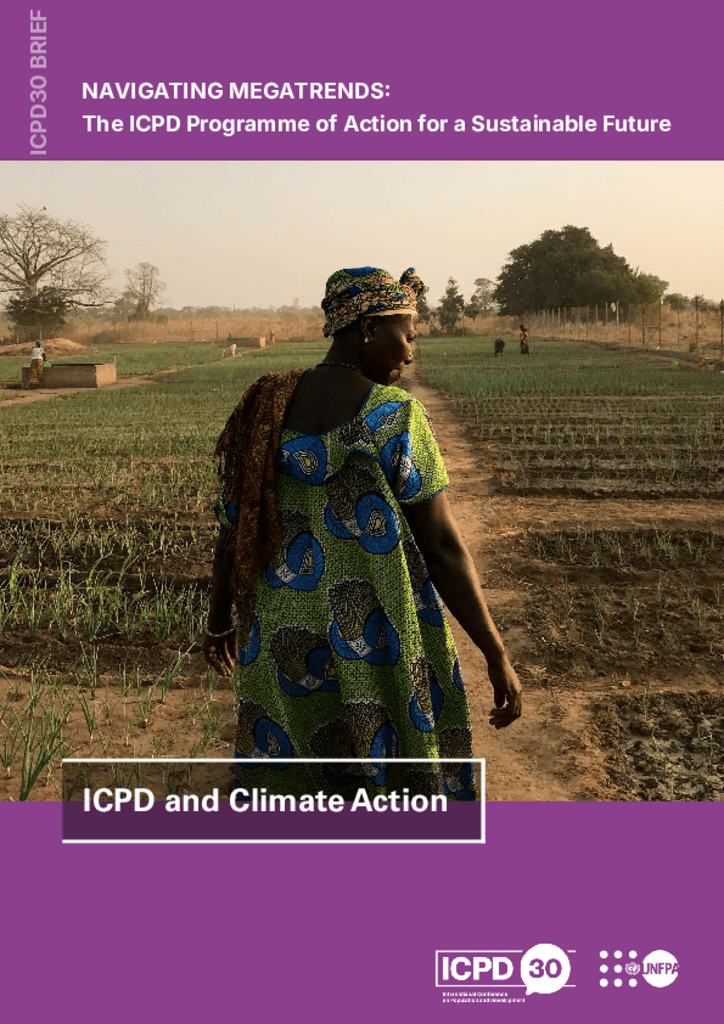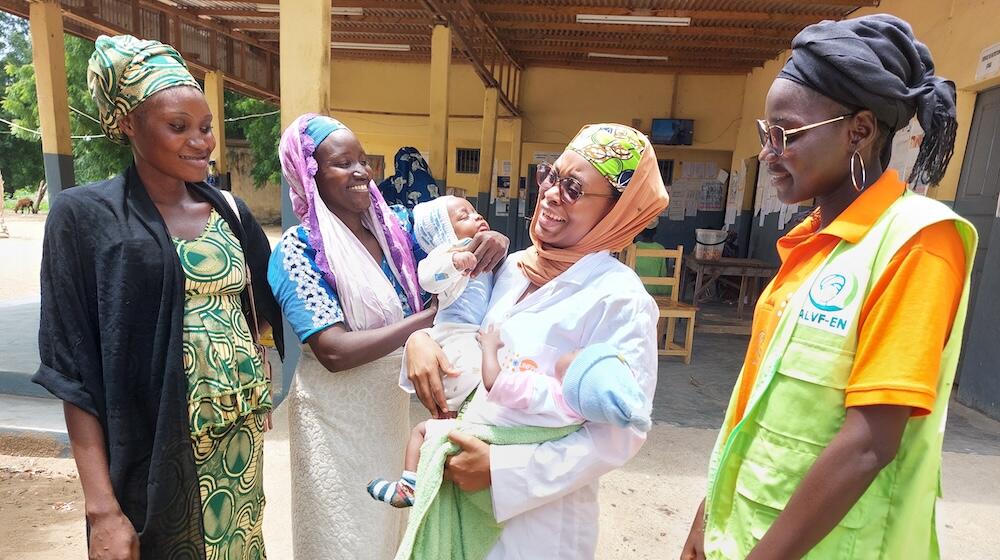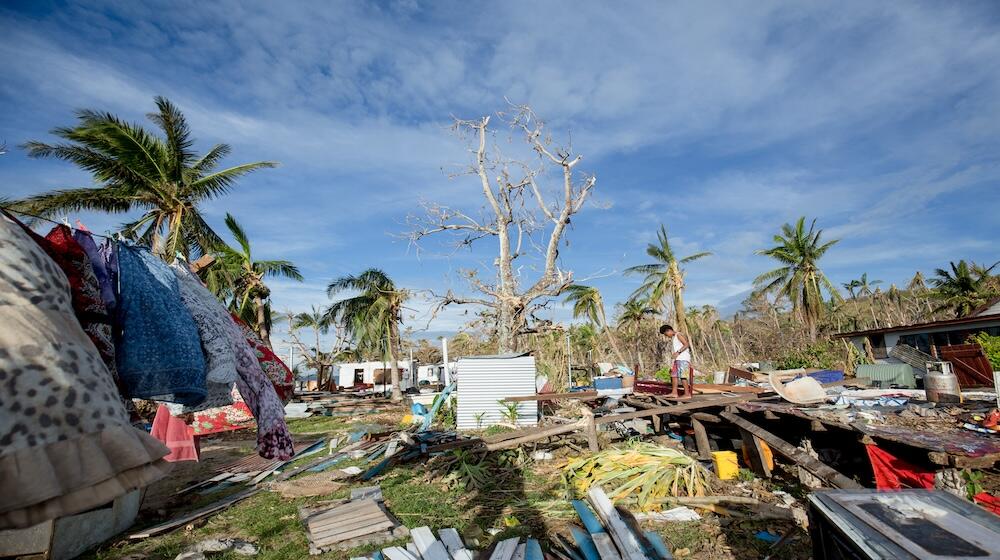The climate crisis is an existential threat to humanity and the human-centred, sustainable development envisioned in the Programme of Action (PoA) of the 1994 ICPD. Climate intersects with a number of global megatrends with implications for population and development. Climate change threatens access to safe water, food and education, and worsens health vulnerabilities, particularly for women, adolescent girls and older persons. Climate anxiety is negatively affecting the hopefulness of youth. A failure to realize sexual and reproductive health and rights can hamper the ability of women and girls to engage in climate action, and undercuts their resilience to climate-induced disruptions.
The PoA and international agreements on climate change share strong commitments to human rights and to broad-based, equitable and sustainable development. Realizing these promises, including for gender equality and youth empowerment, is fundamental to securing shared action on climate response and addressing climate injustice.
In response to anxieties about demographic change, governments sometimes seek “demographic solutions”. These typically push back against the rights and values embodied in the Programme of Action of the 1994 International Conference on Population and Development (ICPD). Policies may incentivize higher or lower fertility rates in ways that deny individual choices. They may restrict access to contraceptive services, or promote pronatalist payments, or restrict migration. Such approaches rarely succeed, as they often fail to address the underlying social and economic causes of demographic change, while distracting leaders from the needed actions to adequately prepare for their demographic future.





